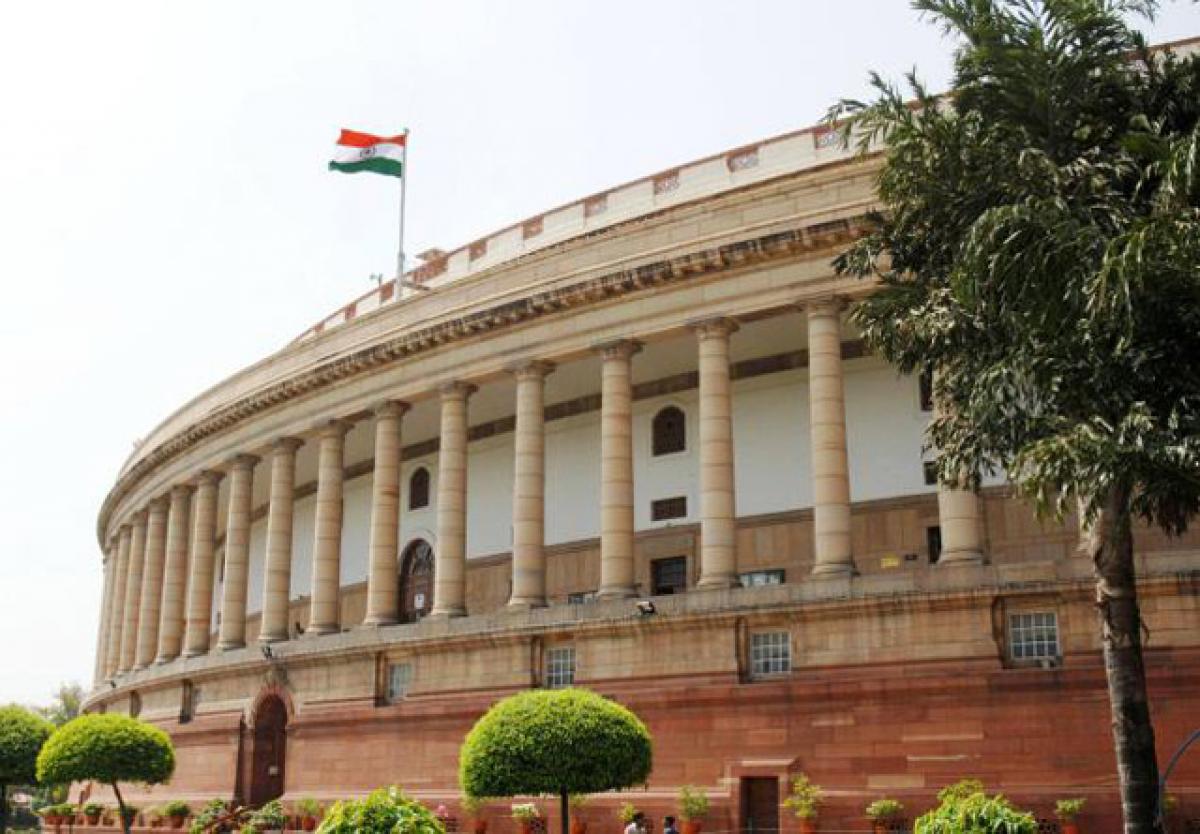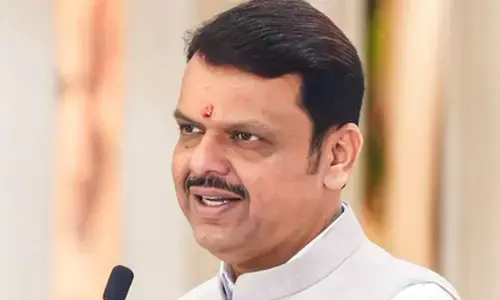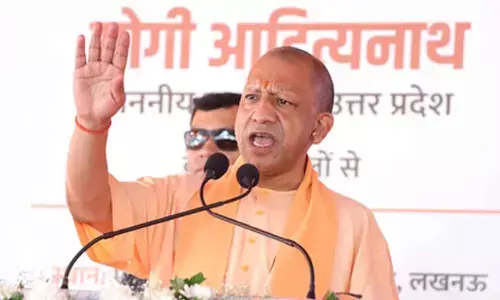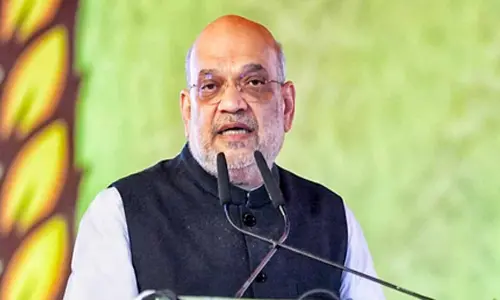Private member’s bill

Private member’s bill. DMK leader and Rajya Sabha Member Kanimozhi said that she would move a private member resolution and private member\'s bill in the Rajya Sabha to abolish death penalty. She was reacting to the hanging of 1993 Mumbai blast accused Yakub Memon on Thursday.
DMK leader and Rajya Sabha Member Kanimozhi said that she would move a private member resolution and private member's bill in the Rajya Sabha to abolish death penalty. She was reacting to the hanging of 1993 Mumbai blast accused Yakub Memon on Thursday.
.jpg)
A Member of Parliament, other than a Minister (i.e., not a member of the Government) is known as a Private Member. A Bill initiated by any such member is called a Private Member's Bill. A member is required to give a notice of his intention to move a motion to introduce a Bill.
The period of notice to move a motion for leave to introduce a Bill is one month, unless allowed by the Chairman to be moved at a shorter notice. A member can introduce a maximum of three Bills in a session in Rajya Sabha.
In Rajya Sabha, there is no rule for disallowing a notice of a Private Member's Bill identical to the Bill already pending in the Rajya Sabha. By convention, the motion for introduction of a Bill is not opposed. But there are instances where motions for introduction of Private Members' Bills had been opposed and were withdrawn or negatived by the House.
The subject of the Bill should relate to the subjects included the Union or Concurrent List contained in the Seventh Schedule of the Constitution of India. In addition to the Statement of Objects and Reasons, a Bill involving expenditure from the Consolidated Fund of India must also be accompanied by a financial memorandum inviting particular attention to the clauses involving expenditure and also giving an estimate of recurring and non-recurring expenditure likely to be involved in case the Bill is passed into law.
If the Bill is one which under the Constitution cannot be introduced (Articles 3 and 274 of the Constitution) without the previous sanction or recommendation of the President, the member-in-charge of the Bill should annex to the notice a copy of such sanction or recommendation as the notice is not valid until this requirement is complied with.
Only 14 private members bill have been passed by both Houses and become law in the history of Indian Parliament. The last such bill, the Supreme Court (enlargement of criminal appellate jurisdiction) Bill, was passed in 1970.














